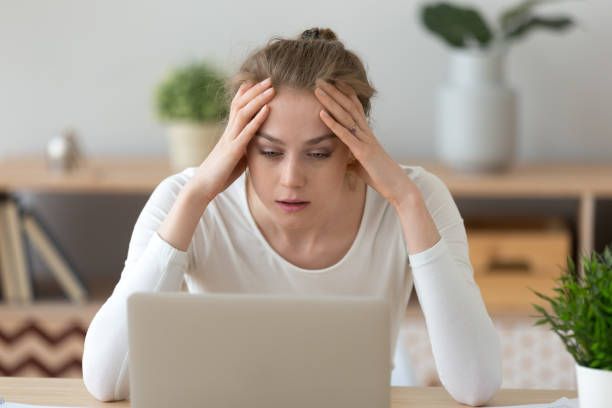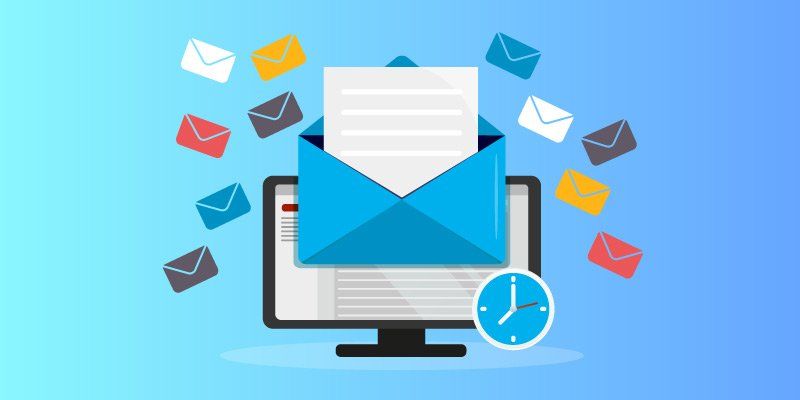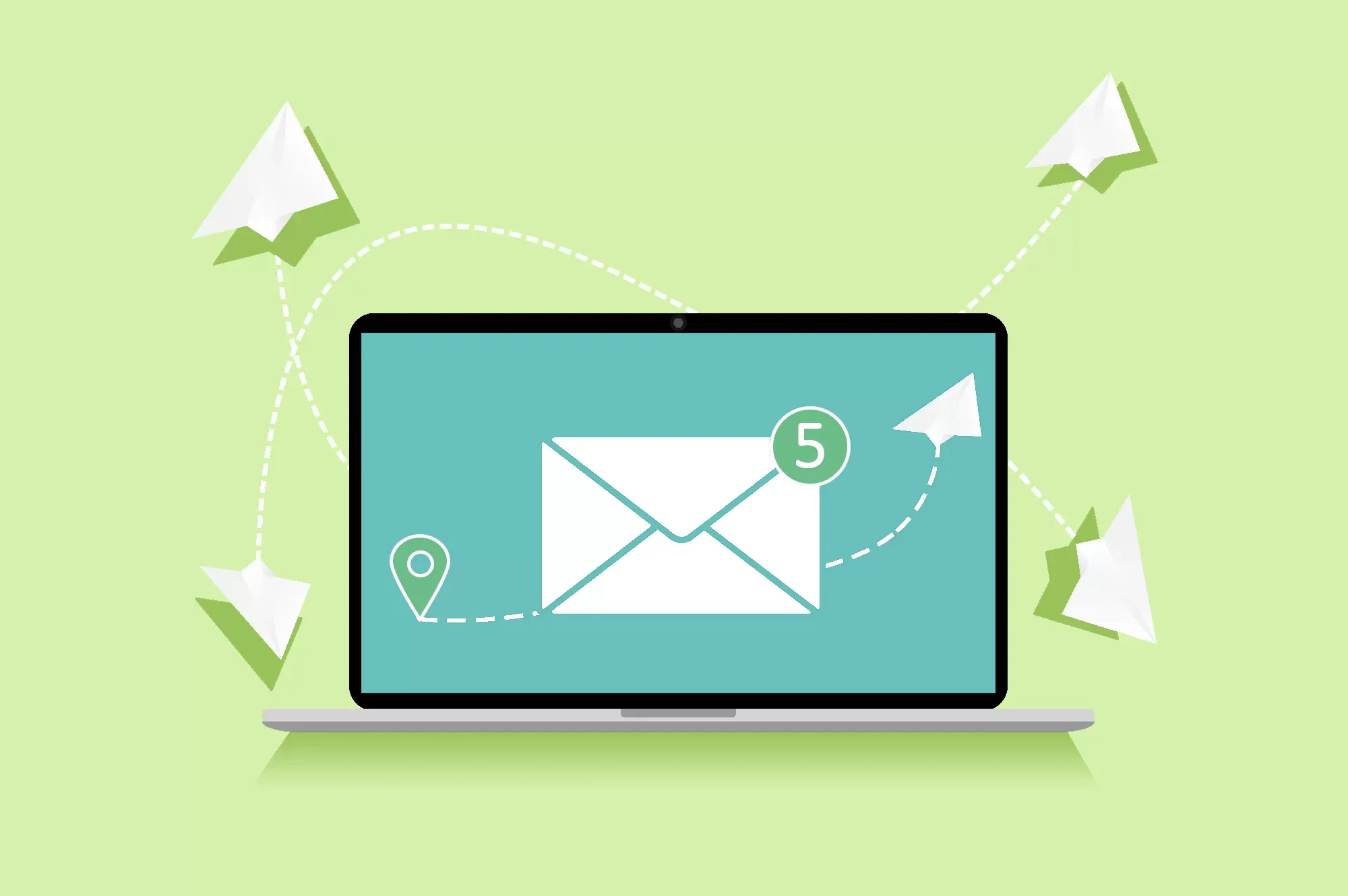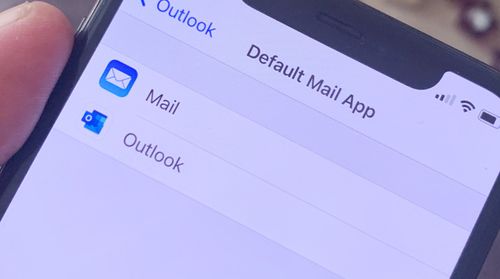In today's digital age, email has become an integral part of our personal and professional lives. However, constantly checking our inbox can be a major time sink and hinder productivity. As an expert in email management, I will guide you through the optimal frequency for checking your emails, helping you find the right balance between staying responsive and reclaiming your valuable time. This comprehensive guide offers insights, strategies, and answers to commonly asked questions, empowering you to achieve productivity and efficiency in your email communications.
The Pitfalls of Constant Email Checking

While staying connected and responsive is important, constantly checking your emails can have several negative impacts on your productivity:
- Loss of Focus: Frequent interruptions from email notifications disrupt your concentration and prevent deep work. Constantly switching between tasks decreases efficiency and increases the likelihood of errors.
- Time Drain: Checking emails compulsively eats into your time, preventing you from completing important tasks and contributing to a sense of overwhelm.
- Increased Stress: The constant need to respond to emails immediately can create unnecessary pressure and anxiety, contributing to stress levels.
Assessing Your Email Responsiveness Needs
To determine how often you should check your emails, consider the following factors:

1. Work Requirements
Evaluate the demands of your job and industry. Certain roles, such as customer service or client-facing positions, may require more frequent email monitoring to provide timely responses. Assess the expectations of your role and tailor your email checking habits accordingly.
2. Urgency of Communication
Consider the urgency of incoming emails in your work. Are there critical messages that require immediate attention, or can they be addressed within a reasonable timeframe? Understanding the urgency levels will help you establish appropriate checking intervals.
3. Personal Work Style
Reflect on your personal work style and preferences. Some individuals thrive with frequent email checks, while others prefer longer uninterrupted blocks of focused work. Consider your natural rhythms and tendencies to determine what works best for you.
Establishing an Optimal Email Checking Routine

Based on the factors above, here are guidelines for establishing an optimal email checking routine:
1. Set Dedicated Email Times
Instead of constantly checking your inbox throughout the day, designate specific times to focus solely on email management. This approach allows you to concentrate on other tasks without the constant distraction of incoming messages.
2. Prioritize Deep Work Periods
Schedule blocks of uninterrupted time for deep work, where you can fully immerse yourself in important tasks. During these periods, turn off email notifications and resist the temptation to check your inbox.
3. Aim for Strategic Checkpoints
Strive for strategic checkpoints throughout the day to review and respond to emails. This could be in the morning, after completing a major task, or before wrapping up for the day. Find intervals that align with your work requirements and the urgency of communication.
4. Leverage Email Filters and Automation
Maximize efficiency by utilizing email filters and automation features. Set up filters to categorize incoming emails, prioritize messages from key contacts, and automate repetitive tasks like sorting, archiving, or forwarding.
5. Communicate Expectations
Communicate your preferred email response time to colleagues, clients, and team members. By setting clear expectations, you can manage their expectations and reduce the pressure to respond immediately.
Frequently Asked Questions (FAQs)
Q: How often should I check my personal emails?
A: The frequency of checking personal emails depends on individual needs and preferences. However, dedicating specific times during the day, such as morning and evening, can help prevent constant distractions.
Q: What if I receive a high volume of emails throughout the day?
A: If you receive a high volume of emails, consider checking your inbox at regular intervals but limit the time spent on each session. Prioritize urgent and important messages, and leverage email filters to manage the influx efficiently.
Q: Should I turn off email notifications completely?
A: Turning off email notifications during focused work periods can significantly improve productivity. However, if your work requires immediate attention to critical emails, you may opt for selective notifications from specific contacts or email threads.
Conclusion
Finding the right balance for checking your emails is essential for productivity and efficiency. By assessing your work requirements, personal work style, and the urgency of communication, you can establish an optimal email checking routine. Set dedicated email times, prioritize deep work, and leverage automation to manage your inbox effectively. Remember, effective email management allows you to regain control of your time, reduce stress, and focus on meaningful work that drives success. Embrace these strategies, and take charge of your email communications today.



